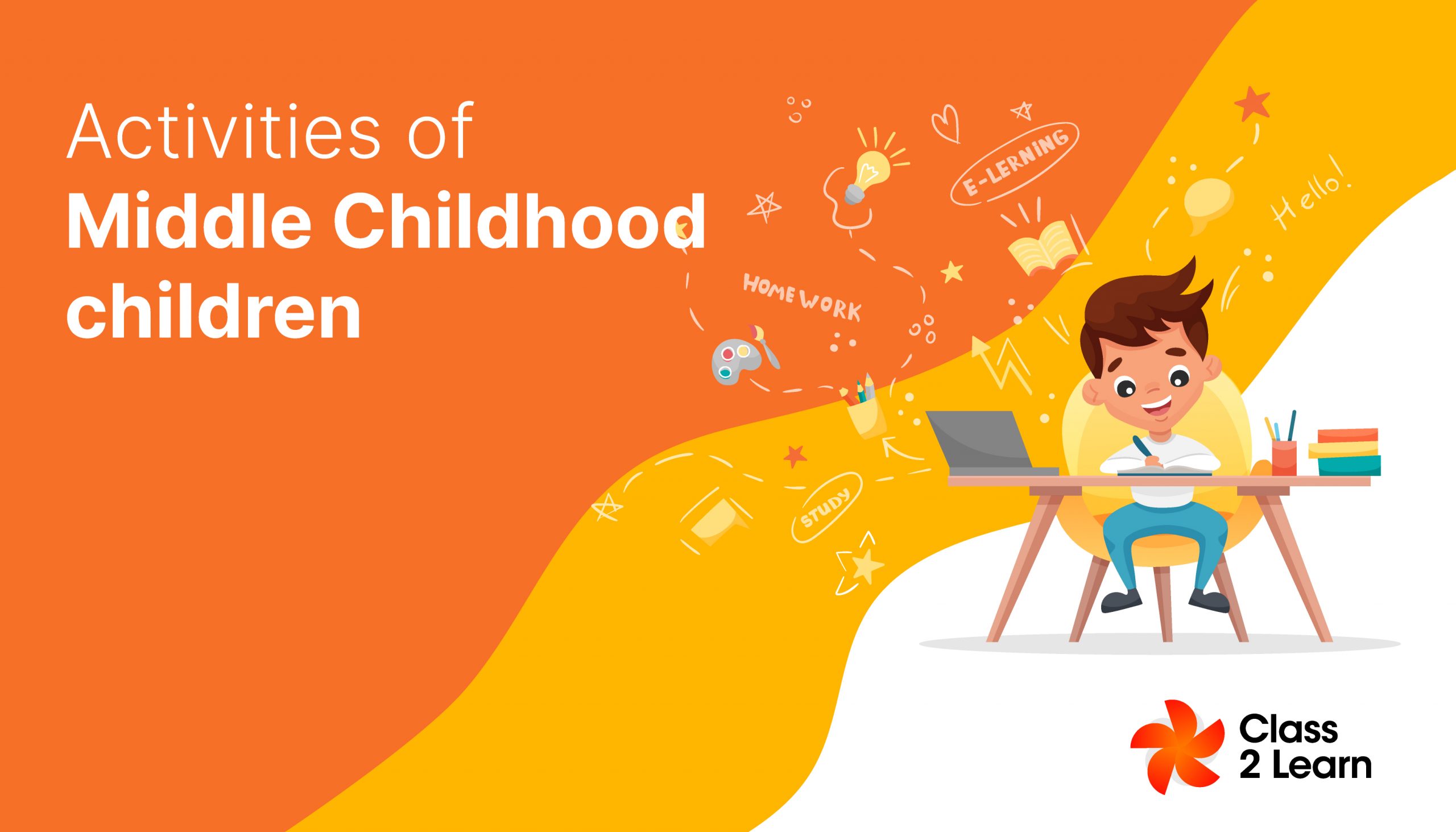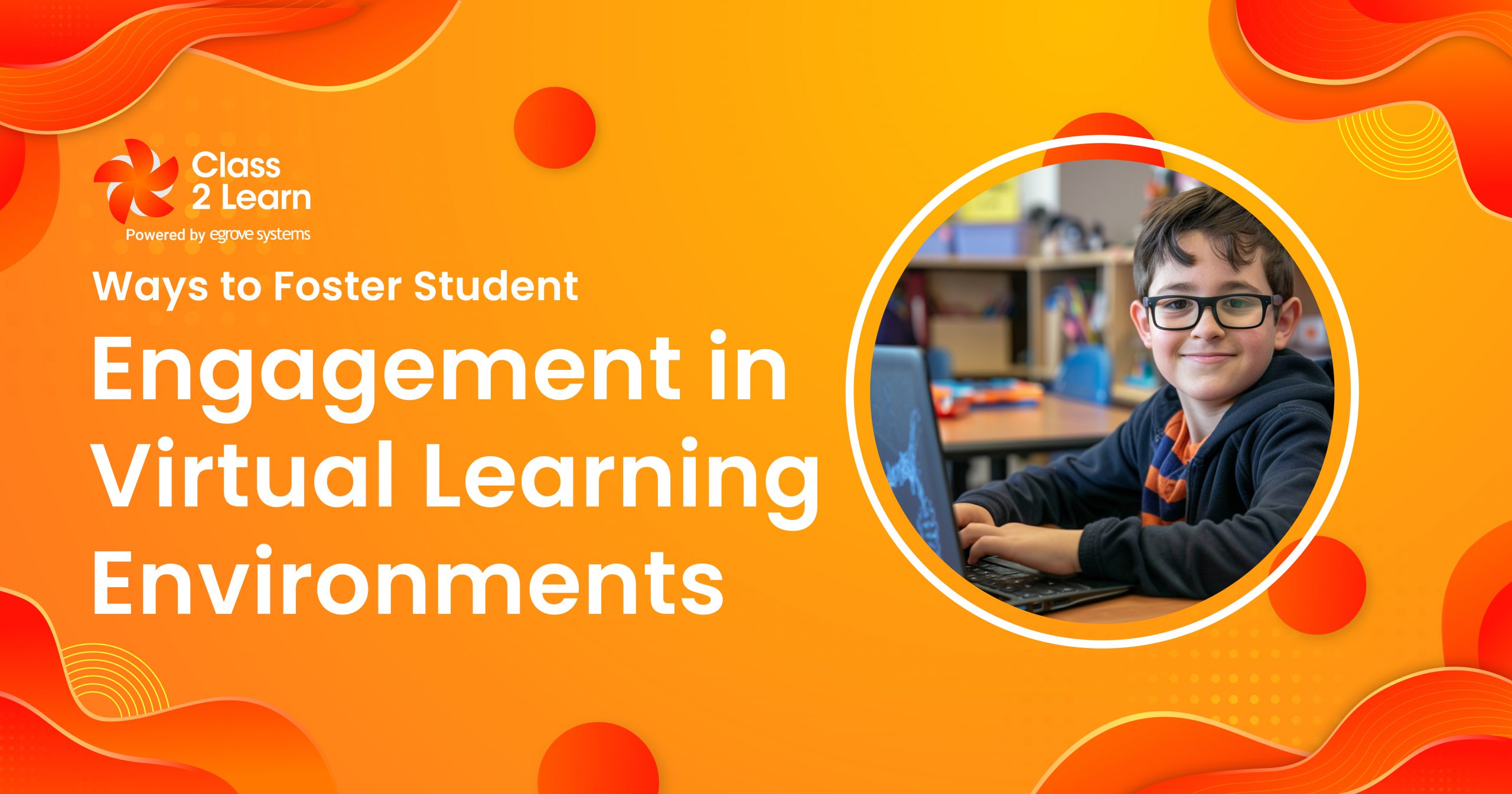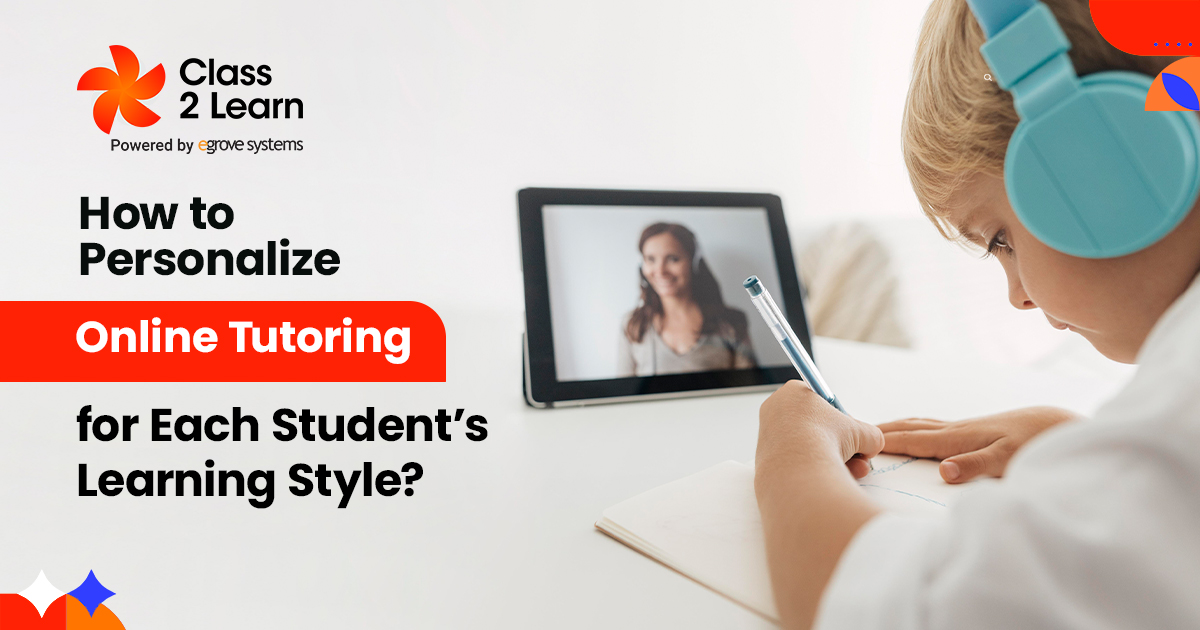Little children are active, restless, and full of energy and passion. As a result, activities must take into account their distinct developmental traits. Teaching a child to learn by practice is a proven and effective way. Being confident and energetic about their motor skills, they can run and jump fast, but at times they can be very clumsy. So, it becomes pertinent that you have a watchful eye when the child does outdoor activities.
5-Year-Old children & their Activities:
Creating time to enjoy interacting with sounds and letters in activities and games can tremendously benefit their learning as 5-year-olds most likely start synthetic phonics exercises at school. Other activities can enhance what your kid is learning at school and help them develop important skills like speaking, listening, and numeracy.
Hobbies such as art, crafts, reading, writing, and both indoor and outdoor play can help children develop their personalities and discover their own tastes and preferences.
When your child, being a creative little person, develops and narrates a tale, quickly grab some writing supplies, sit down, and start writing as your five-year-old recites. This is a fun activity that will encourage the child to think creatively and outside the box and help them improve their imagination. They may use the jungle gym, solve riddles, and develop their time-telling skills. They also like playing board games and with plush animals.
Encouraging your child to help with everyday chores around the house and having them read product information with you while you shop for the things you need, are some of the interesting tasks for 5-year-olds. At this stage, they can also pay close attention to the details.
6-Year-Olds & their Activities:
Six-year-olds are typically in first grade and attend full-time school. Six-year-old activities are frequently effective teaching aids because they ensure that learning continues outside of the classroom. Your child will continue to learn through play, exploring, discovering, and making extensive use of their role-play corner.
Parents and teachers must ensure that six-year-olds’ activities promote developmental advancement. When they are, these activities do wonders for the children’s development and learning.
There are numerous benefits to involving six-year-olds in various activities. Because their language skills have advanced, age-appropriate reading activities can expose them to more advanced writing and reading levels. Simple science experiments and activities that encourage direct observation of causes and effects will help students gain a better understanding of various science concepts. Children under the age of six have longer attention spans and can be very social. Engaging them in various games and group activities for 6-year-olds can also help them develop their interpersonal skills.
Everyday activities for six-year-olds include helping with household chores and playing age-appropriate board games and solving puzzles.
7-Year-Olds & their Activities:
Seven-year-olds typically attend first or second grade. Seven-year-olds benefit from activities that improve their comprehension skills. Their communication and interpersonal skills have also improved significantly. Encouraging them to participate in a variety of activities promotes their overall development and helps to extend the learning process beyond the classroom!
It’s time to progress from simple reading, math, and science activities for 7-year-olds to more advanced ones. Seven-year-olds not only have more sophisticated problem-solving abilities, but they also enjoy doing activities in groups.
Seven-year-olds are at a good age to be encouraged for greater proficiency in extracurricular activities. Physical activities such as running, swimming, dancing, and so on become more enjoyable as children’s motor skills improve. Reading activities for 7-year-olds that involve writing their own scripts and participating in dramatizations produce positive results. Seven-year-olds will also enjoy interacting with other children their age and participating in fun activities and rule-bound games.
8-Year-Olds & their Activities:
The second or third class often begins for eight-year-olds. Children who are eight years old are generally extremely active, extroverted, and bursting with energy. They each have unique personality features as well as unique variations and dislikes. Therefore, it is crucial for parents and instructors to introduce children to 8-year-old tasks that will not only pique their attention but also aid in the development of key abilities.
According to a child’s traits and mentality, there are several activities for eight-year-olds. Extroverted kids will like engaging in sports and other outside activities with clear rules. For introverts, reading and even playing board or card games with intimate friends are excellent pursuits. Children under the age of eight are incredibly curious and like asking questions. They can comprehend more difficult concepts and are curious in how and why things operate. It is an excellent way to promote this through a variety of activities, including extracurricular activities like learning how to play the keyboard or dance, as well as scientific and math activities.
Conclusion:
Middle school is a transition of tremendous growth and change. The school environment has a significant impact on the development of children of these ages, making the activities they participate in at school critical. Using activities geared toward these age groups can help students release excess energy, develop socio-emotional skills, and interact with their peers in more positive ways. Encouraging your children to participate in activities.





Add comment